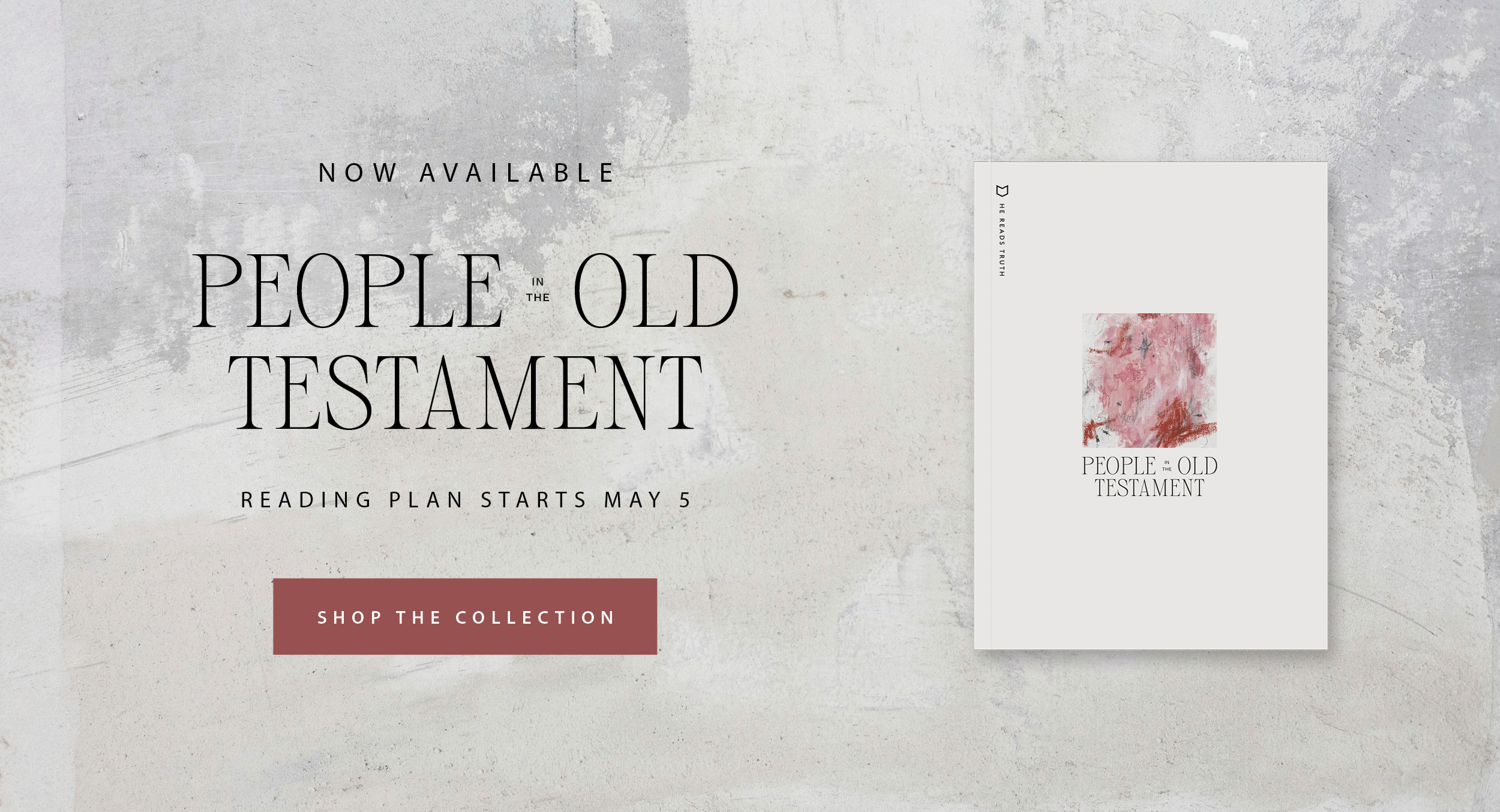By Collin Ross
Every Sunday at my church, we participate in a time of corporate confession. We lament the numerous ways we offended God over the course of our week. I will be honest: I grow tired of saying, “I’m sorry,” every single week. Can we not revisit my unfaithfulness again and again? Do we really need to talk about it all the time?
The answer is yes. We need to revisit the site of our unfaithfulness. The reason for this is not to live in shame. Rather, we need to open our eyes to our many shortcomings to truly see God’s immeasurable grace. As bleak as the portrait is that Ezekiel paints in this text, what shines through is the beauty of God’s faithfulness to unfaithful people. If we want to know the full extent of the Lord’s grace, we must be willing to confess our offenses regularly.
We often feel that our personal value is contingent on our ability to produce value for someone else. We feel we are valuable employees if, and only if, we produce quality work. As a result, when someone points out our failures, we become defensive because it feels like a lot more is on the line.
We often take this same approach in our relationship with the Lord. We fall into the belief that unless we earn our keep in God’s kingdom, the Lord will leave us for someone more worthy. However, as we listen to Ezekiel assail Jerusalem for her unfaithfulness, we catch a glimpse of how God approaches His relationship with us. It is not founded on merit, but grace. Jerusalem was like the wood of a vine, a part of the plant with no intrinsic worth (Ezekiel 15:3). Its residents were like an unwanted child of pagan lineage (Ezekiel 16:1–3). They had no special affinity to God—nothing setting them apart as worthy of His attention.
With full knowledge of their unimpressive qualities, God chose them as His own with a solemn oath: “I pledged myself to you, entered into a covenant with you…and you became mine” (v.8). In the same way, the basis for our relationship with the Lord is not merit, but pure grace.
Problems arose in Jerusalem when they forgot about that grace and placed their trust elsewhere (v.15). In fact, Ezekiel is most distressed that they had forgotten “the days of [their] youth,” when God rescued them by His loving grace (v.22). The city’s unfaithfulness could be traced back to their forgetting what God had done for them. Could it be the same for us?
The good news is that God never fails to remember His commitment to us: “But I will remember the covenant I made with you in the days of your youth, and I will establish a permanent covenant with you” (v.60). Here lies our hope: What God began by grace, He will, through Jesus, save by grace as well. May we listen to the prophet and always remember that grace.

Post Comments (1)